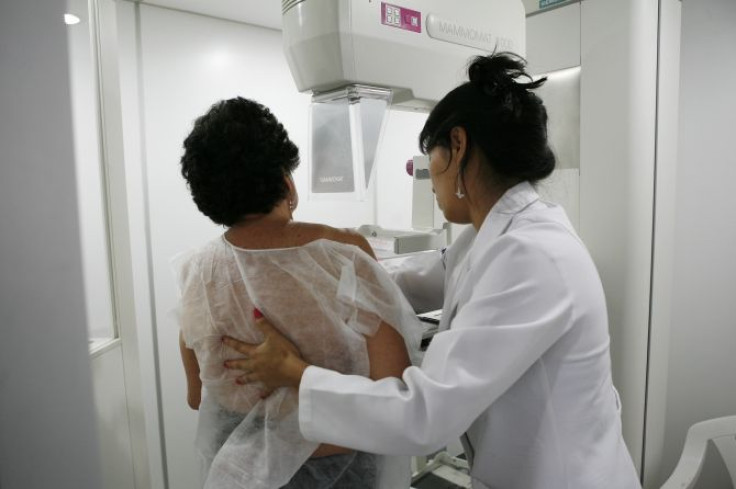Hormone Test May Predict Breast Cancer Risk 20 Years in Advance

Just in time for National Breast Cancer Awareness Month, researchers have found that a simple blood test may predict a postmenopausal woman's chance of developing breast cancer over the course of her lifetime - and the test stays accurate for 20 years.
Led by Dr. Xuehong Zhang, the researchers from Harvard Medical School and the Brigham and Women's Hospital in Boston examined data obtained from the Nurses' Health Study. The Nurses' Health Study, one of the longest-running studies of women, asked volunteers for blood samples at the beginning and end of the study, which began in 1989.
Researchers only allowed examined women who were not taking hormones.
Of the entire group, 796 women developed breast cancer over the course of the trial, between 1989 and 2002. Researchers also looked at the data of 1,600 women who did not develop breast cancer during that time period. All of the women were examined for hormone levels.
They found that, in women in the top 25 percent of three hormones, estradiol, testosterone, and dehydroepiandrosterone sulfate (DHEAS), were 50 to 107 more likely to develop breast cancer than the women in the bottom 25 percent. The researchers also found that women in the top 25 percent for those hormones were more likely to have aggressive, recurrent forms of breast cancer. In addition, women with high levels of estrogen were more likely to have hormone receptor-positive breast cancer, a certain form of the disease.
Women in the highest 25 percent for the sex hormone-binding globulin (SHBG) had a 30 percent lower risk of developing breast cancer compared to those in the lowest 25 percent for that hormone. SHBG had previously been recognized as a hormone that could lower the cancer risk that other hormones posed.
If the research is confirmed, women could have those three hormones tested every 10 or 20 years in order to assess their cancer risk.
Researchers were aware that estrogen and androgen levels in the blood could hint the risk of cancer, but they were unsure of how early they could predict the signs.
Laboratories can provide tests of the hormones now, but the results are often unclear, since laboratories can vary widely in their interpretation and definition of the results.
The findings were presented yesterday at the annual cancer prevention conference for the American Association for Cancer Research.



























